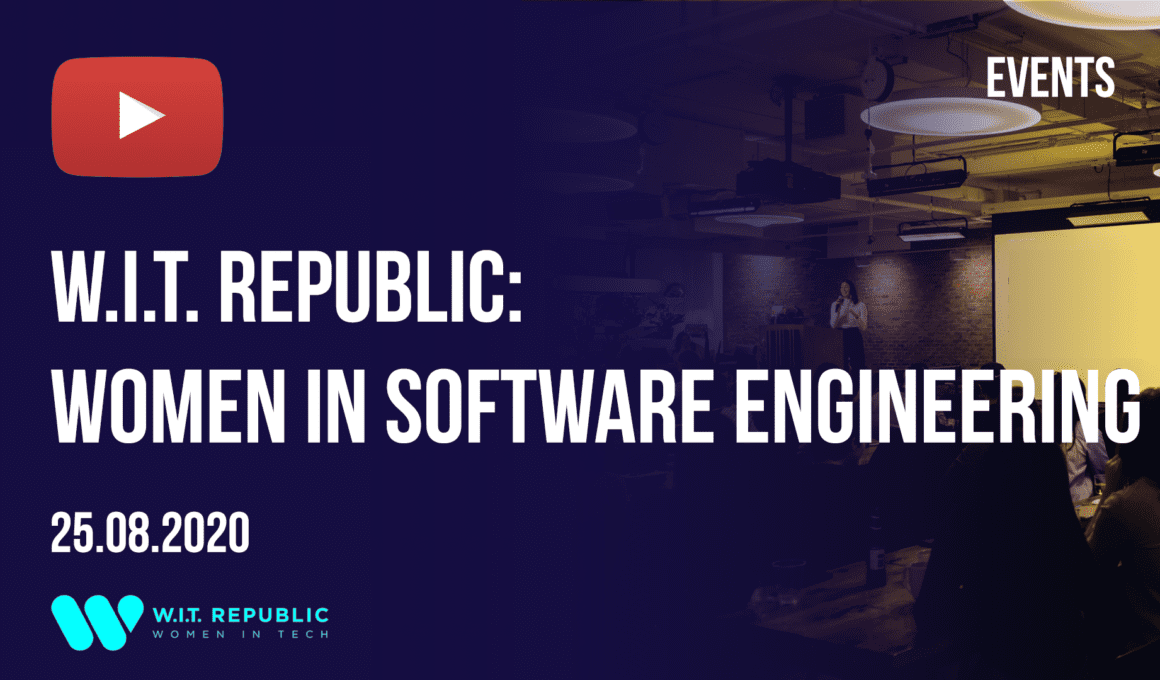In August we hosted the first virtual meetup in our new series of Women In Software Engineering events.
The aim of these new meetups is to provide a platform for women working in engineering and cloud to tell their stories and offer others advice on the journey to success. We were joined by two incredibly successful women in the industry; Monica Sarbu, VP of Engineering at Giant Swarm and Founder at Tupu.io, and Madhu Sivasubramanian, Domain Architect at ING.
The event was a real success, with many interesting insights shared between our speakers and the women in tech community.
The Move To Remote
After initial introductions, Monica kicked off the evening by talking about the challenges and benefits of distributed teams along with some tips on how to manage them – an extremely relevant topic given the current remote working environment that most organisations are working in, particularly in the tech space.
Monica highlighted and expanded on these benefits of distributed teams:
- Ability to work from home
- No commute time
- Flexible schedule
- Improved work-life balance
- Opportunity to hire the best talent – no longer restricted by geographical location
- More diverse workforce
Alongside these advantages however, having distributed teams also comes with its own set of challenges:
- Communication – extra effort is needed to ensure that everyone is on the same page
- Individuals need to work more independently
- Time zones
- Isolation
- Overwork – this was emphasised by a quote Monica shared: “It became impossible to “turn-off”. I’m connected 24/7/365.”
The Importance of Scheduling Your Day
When managing distributed teams, Monica highlighted the importance of ‘setting up your day’. For example, blocking out your calendar for personal activities will reduce the possibility of overworking, as you have given yourself time to relax.
The Microservices Ecosystem
Madhu began the second session discussing the microservices ecosystem. Madhu talked about the change from monolith to microservices, the unique challenges of microservices, the ecosystem around them and the patterns and tools that are available to use.
Monolith to Microservices
Using a hospital administration example, Madhu outlined the premises of the monolith: single application, shared database, shared overhead, communication by method calls, and the difficulty this causes when the monolith grows and becomes unmanageable.
Which is where microservices comes in!
With the same hospital administration example Madhu illustrated how the microservices solve the same problem, but using multiple applications.
Key Requirements
Madhu also summarised the main key requirements of microservices:
- Many moving parts more coordination needed
- Quick provisioning
- Fast automatic deploys
- Good mechanisms for security, observability and resilience
To hear more from Madhu’s talk, including API management, service discovery and load balancing and service mesh, watch the full video here.
We’d like to thank everyone who attended the event, as well as our fantastic speakers Monica and Madhu, for contributing to such a successful first event.
If you would like to get involved with our next Women In Software Engineering event, please get in touch!
